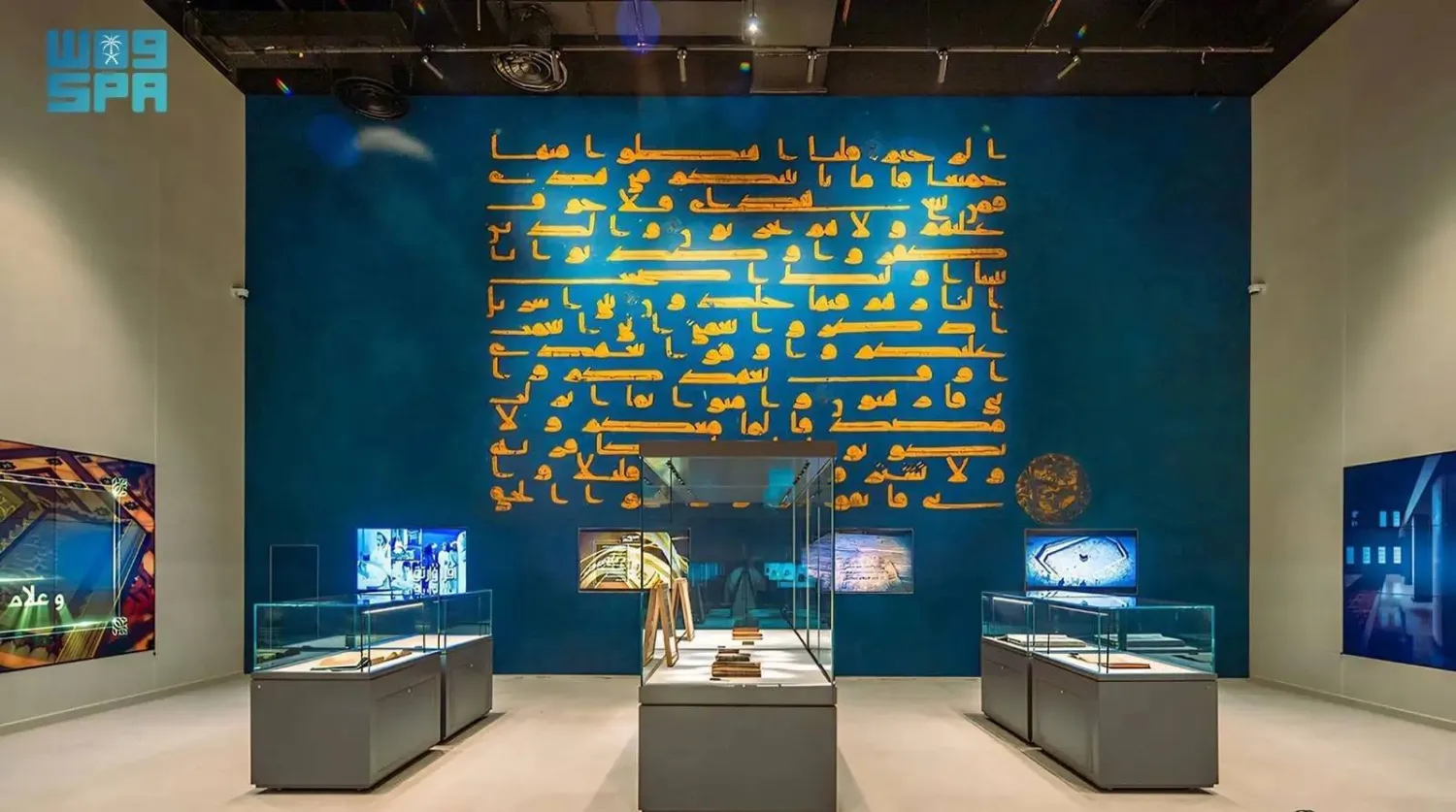An Iraqi professor leading a group of students on a walking tour of Baghdad's historic center invites them to stop and admire a centuries-old stone wall erected to shield the city from Mongol invaders.
Such a tour would have been unthinkable in the Iraqi capital through much of recent decades due to the country's successive wars, which saw Baghdad pounded from the air, targeted by suicide bombers and hit with car bomb attacks.
"Several caliphs worked on it," tour leader and professor Muaffaq al-Tai, 83, told the group as they passed under an impressive brick dome, smart phones and cameras in hand.
Braving an autumn heatwave, one of the tour organizers, Abdullah Imad, relished being able to help offer a deeper understanding of his hometown's history.
"Before, there were security events... interest was limited, almost non-existent," said architecture student Imad, 23.
"Now interest is growing... Stability has gradually returned to Baghdad," he told AFP.
"We want to show the public what Baghdad has to offer in terms of Islamic architecture, its value and identity."
Baghdad, founded in 762 AD by Abbasid caliph Abu Jaafar al-Mansur along the Tigris River, has long been a key hub in Arab and Islamic society.
In the 20th century, it thrived as a modern Arab city with top universities, a vibrant cultural scene and excellent healthcare.
However, decades of war and oppression from the late 1970s, including sectarian violence after the 2003 US-led invasion and the rise of the ISIS group in 2014, led to significant decline.
'Sites worth visiting'
A fragile stability has emerged since the defeat of ISIS in 2017 that has allowed a greater focus on Baghdad's infrastructure and cultural scene.
Around 30 students and amateur photographers strolled through downtown, passing an 800-year-old Abbasid palace with an inner courtyard adorned with brick facades, arches and arabesque reliefs.
They also visited Bab al-Wastani, or the Central Gate, built around the 12th century, featuring battlements and flanked by thick walls.
Fatima al-Moqdad, a 28-year-old architect, said the renewed interest in Iraq's heritage is "a source of hope for a positive change in our identity, and our heritage and its preservation".
"When young people surf the internet, they see how other nations look after their heritage. They want and deserve the same," she added.
"To be a tourist, you don't necessarily have to go abroad."
In Baghdad, home to nine million people, tuk-tuks, motorcycles and yellow cabs compete for space with porters pushing carts piled high with goods.
They push their way through the fish stalls, sunglasses vendors and counterfeit sneaker stands that have taken over the pavements of the historic center.
On the eastern bank of the Tigris, brutalist buildings from the 1960s stand alongside elaborate facades from the 1920s, decorated with flowery moldings and sagging wrought-iron balconies.
Around 2,400 buildings are registered in the historic center, but around 15 percent have been destroyed or altered, according to the municipality.
Many of the properties once belonged to Jewish families or other Iraqis driven out during one of the country's many upheavals.
The waves of emigration also resulted in a brain drain, depriving Iraq of expertise particularly in architectural restoration.
Restoration drive
The municipality, in partnership with an association of private banks, has taken on two major restoration projects, including Al-Mutanabi Street, famous for its many bookshops.
They are also restoring another street that houses the old Serail, or Ottoman Empire's seat of government.
The restoration has primarily involved repaving sidewalks, updating lighting and cleaning up facades.
Mohammed al-Soufi, an architect overseeing the restoration, noted the "aesthetic value of the brick buildings", dating from the 19th century and the 1920s and 1930s.
Among the many challenges in restoring the area is the difficulty in obtaining permission from the original owners, many of whom no longer live in Iraq, as well as a lack of funding.
The Baghdad municipality's next focus will be Al-Rashid Street, inaugurated in 1916.
"It's the soul of old Baghdad, its identity," said the municipality's head of communications Mohammed al-Rubaye.
But the once-vital artery now houses mostly warehouses, industrial machinery and motor oil stores. Authorities plan to move these activities to the outskirts.
"We're not telling people to leave. We're telling them to stay, but let's turn the wholesale warehouses into stores, cafes, cinemas and cultural and heritage sites," Rubaye said.
'Soul of Old Baghdad': City Center Sees Timid Revival

Iraqi students walk through Bab al-Wastani on a walking tour of the historic center of Baghdad. AHMAD AL-RUBAYE / AFP

'Soul of Old Baghdad': City Center Sees Timid Revival

Iraqi students walk through Bab al-Wastani on a walking tour of the historic center of Baghdad. AHMAD AL-RUBAYE / AFP
لم تشترك بعد
انشئ حساباً خاصاً بك لتحصل على أخبار مخصصة لك ولتتمتع بخاصية حفظ المقالات وتتلقى نشراتنا البريدية المتنوعة







